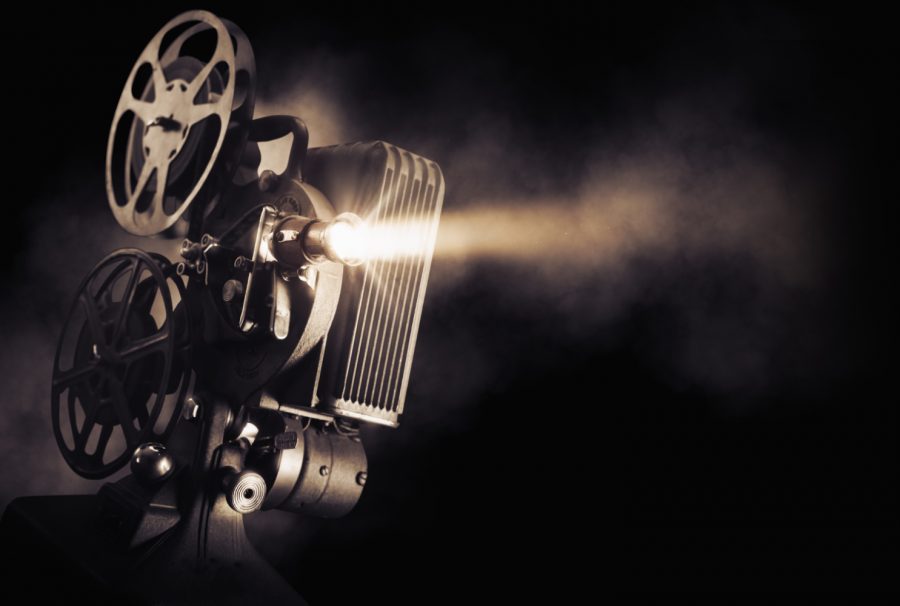Opinion: Looking back on the problematic nostalgia of John Hughes
What should we do with The Breakfast Club and other classic films that don’t live up to today’s cultural standards?
November 18, 2019
As Duckie from Pretty in Pink said, “Whether or not you face the future, it happens.”
John Hughes is an iconic name in the world of 1980s cinema — irrevocably synonymous with the decade of rock music, side ponytails, and Princess Diana — and he has become a point of scrutiny as modern eyes look back on his work.
Molly Ringwald — star of Hughes’ hits such as Pretty in Pink, The Breakfast Club, and Sixteen Candles — wrote an article in The New Yorker on how his films don’t work anymore in the #MeToo era. From implied sexual assault under a library table to the profiting off used women’s underwear, Hughes seems to be on the wrong side of history.
Is there room in a time of call-out culture for someone to recognize the offenses of Hughes’ bigotry while also listing his films as their favorite? Well, I sure hope so, since the laptop I use to type this article boasts stickers with his name and the characters he created.
The Breakfast Club is my favorite movie. As many films as I watch and adore, I always come back to rewatch this one. I even remember a time when I had a searing earache, and my family put the anniversary edition into the DVD player to accompany my tears and vulgarity from the pain.
It’s a source of comfort. A time capsule of a period when movies were so well-written that an entire scene could just be five strangers sitting on the floor. It has to be more than a vehicle for systemic sexism, right? Or can a medium that dives into mental health, abuse, and teenage peer pressure be summed up into yet another movie that fails to be “woke”?
I certainly don’t have the definitive answer. Admittedly, I don’t feel a burning conflict between my identity as a feminist and my love for 1980s cinema. I believe it comes down to media literacy and the ability to recognize when to address instances that threaten the existence and identity of another human being.
Judgment cannot be as simple as completely ostracizing any and all people and mediums that don’t meet the standards of today. I mean, would any of us be able to make the cut?
As a society, it’s crucial to point out how Hughes so casually implemented scenes of unwanted physical attention and the pressure to do something (such as giving away one’s underwear) that made the character feel icky and uncomfortable.
But The Breakfast Club continues to flash across the screen as you flip through channels because of its timeless ability to connect with each new wave of audience members. At the film’s heart, it’s really just five people who have been placed into a superficial category by the world around them. The movie works to break this apart, unpeeling characters that are so layered and complex that a single day in detention changes their lives forever.
I’m not calling for blanket exceptions. I’m not asking for us to look past Hughes’ work simply because his movies are so revered in pop culture. I don’t want society to pick up a defense system because our favorite films are under attack.
We need to be critical thinkers about the media we consume. We should be able to recognize the discriminatory flaws of iconic cinema while also appreciating it.
Duckie was right; “Whether or not you face the future, it happens.” But just because the future is here, we don’t have to burn the past.
Columns reflect the opinions of the authors and are not necessarily those of the Editorial Board, The Daily Iowan, or other organizations in which the author may be involved.





